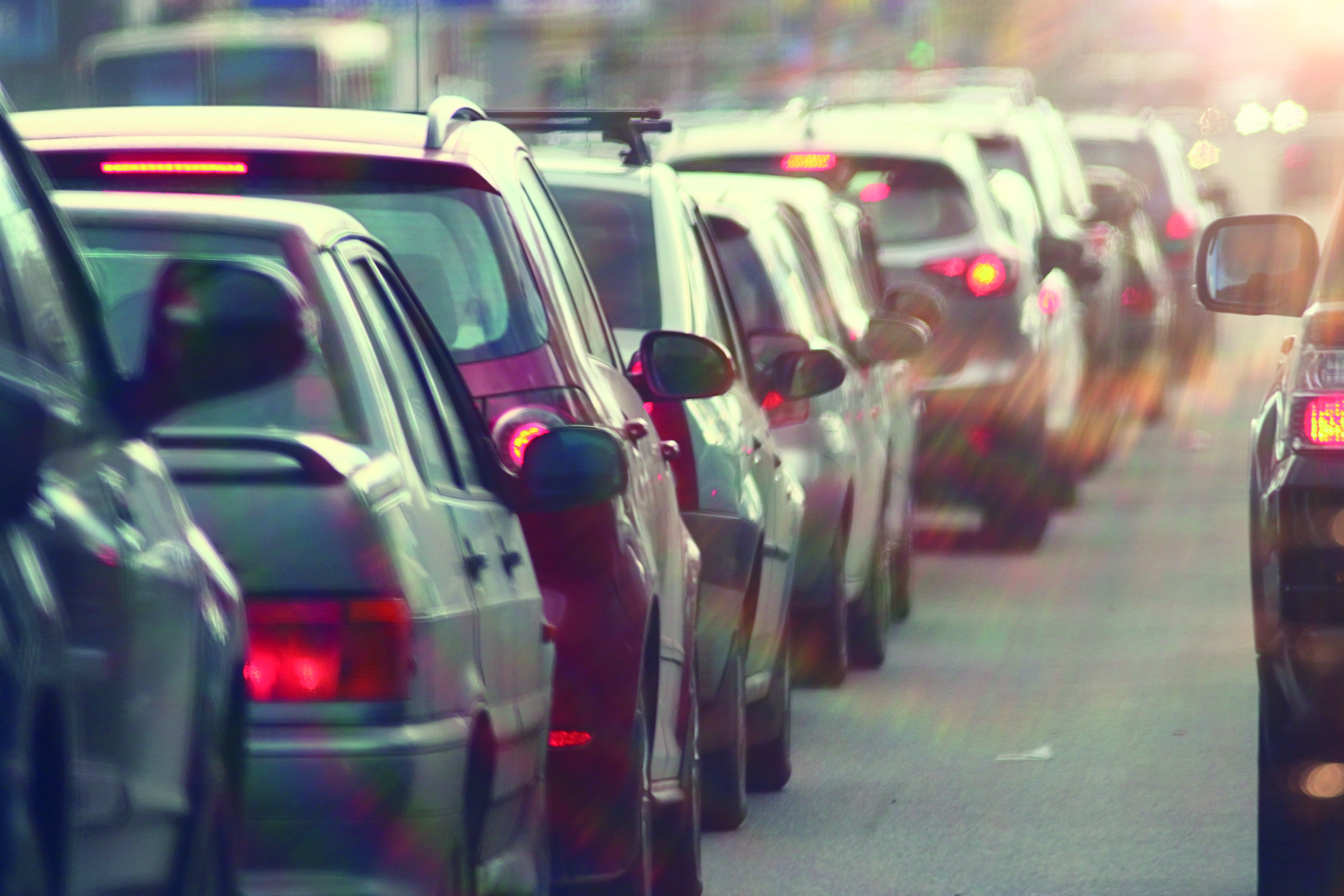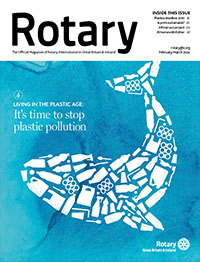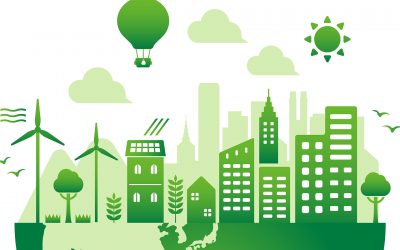Rotary’s Areas of Focus encompass some of the world’s most critical humanitarian needs, providing an opportunity for members to transform the world through their volunteering and service projects.
Over recent years, the effects our lifestyle is having on the environment have become more evident. Climate change is an increasing threat to our planet, and action needs to be taken now.
Here we take a look at how different industries are damaging the environment, and what we can do as individuals to reduce our impact.
In order to make a big change, we must look at our own choices and actions.
The Big Picture: Fashion Industry
The fashion industry is responsible for an alarming 10% of all of humanity’s carbon emissions. This is largely due to the rise of the ‘fast fashion’ industry.


One of the most important things we can do is simply buy less clothing, wearing clothes we already own for longer.
Today, because of the low cost, and ever-changing trends, consumers are buying twice as many items of clothing as they did a decade ago. As a result, more clothing is discarded piling up in landfill sites. Unsustainable methods of manufacturing are being used to cut costs.
Take Action
Buy Less Clothing: One of the most important things we can do is simply buy less clothing, wearing clothes we already own for longer.
By wearing one item of clothing for nine months longer, you can reduce your carbon footprint by 30%.
Shop Second Hand: If everyone bought one used item instead of new this year, the amount of CO2 emissions saved would be equivalent to removing half a million cars from the road for a year.
The Big Picture: Farming
Food production has become a serious environmental concern, from the distance in food miles to the way it is farmed and the packaging it is sold in.
As the world’s population grows rapidly, food production and demand increases.


Sustainable food production is key in order to feed an ever-growing world and reduce CO2 emissions. One way to reduce emissions, is to reduce your meat intake.
Farming creates 10% of the UK’s emissions, and globally is responsible for between 17-32% of greenhouse gas emissions.
Take Action
Sustainable food production is key in order to feed an ever-growing world and reduce CO2 emissions. One way to reduce emissions, is to reduce your meat intake.
The Food and Agriculture Organization of the United Nations calculated that 14.5% of the global carbon footprint comes from the production of meat and livestock. By reducing your meat intake and eating more plant-based food, your carbon footprint will reduce.
Another way to reduce your carbon footprint is to eat more locally sourced, organic food. This reduces the distance goods are transported, and supports local businesses.
Finally, consider the food you buy carefully. We throw away 6.6 million tonnes of household food waste in the UK – 70% of this could have been eaten.
The Big Picture: Travel
The travel industry has long been under the microscope for the environmental damage it causes. The travel sector accounts for 8% of global carbon emissions.
Transport has become more accessible, with more cars on the road and flights becoming cheaper as travelling abroad becomes more appealing.


The travel industry has long been under the microscope for the environmental damage it causes. The travel sector accounts for 8% of global carbon emissions.
Air travel is the main culprit behind the travel industry’s global emissions.
As the demand for luxury travel increases, and the tourism industry continues to grow, it is likely the carbon emissions will continue to rise.
Take Action
The travel industry continues to find ways to reduce its carbon footprint after continued pressures to become more environmentally-friendly. Electric and hybrid cars currently being developed as a more environmentally-friendly alternative to petrol and diesel cars.
There are also numerous ways in which we can take responsibility of our own travel decisions.
Swapping driving for public transport for an average distance of 25km saves 184kg of carbon emissions per day.
Walking where possible will also make a huge impact on the environment.
Walking just 3km a week, instead of driving, saves 29kg of carbon emissions per week.
By making some very simple changes in your life, you can reduce carbon emissions and help save the earth for generations to follow.
If everyone made an effort to make small changes, the impact would be huge.



























































